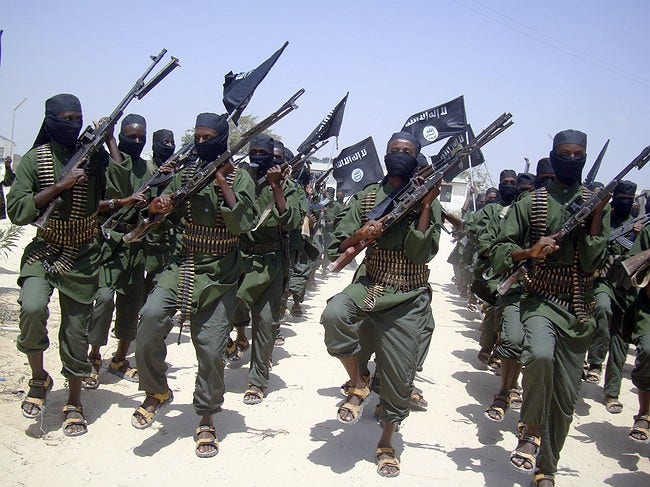African travel restrictions target terror concerns, high visa overstay rates

President Donald Trump’s recent travel restrictions on 10 African countries have sparked praise from analysts for enhancing U.S. security both internationally and domestically. The decision to implement the travel ban came in response to a terror attack against a pro-Israel group in Boulder, Colorado, allegedly carried out by an Egyptian man who had overstayed his visa.
In a White House statement, Trump emphasized the importance of keeping radical Islamic terrorists out of the country, stating, “We will restore the travel ban, some people call it the Trump travel ban, and keep the radical Islamic terrorists out of our country.” The State Department’s principal deputy spokesperson, Tommy Pigott, echoed this sentiment during a briefing, describing the travel restrictions as a national security imperative.
According to Bill Roggio, a senior fellow at the Foundation for Defense of Democracies, the addition of African countries to the travel ban list is primarily due to factors such as extreme instability, terrorist activities, and strained relations with the United States. For instance, countries like Somalia, Libya, Sudan, Eritrea, and Chad have been identified as potential security threats to the U.S.
Somalia, known as a terrorist safe haven, is home to Islamist terror groups like ISIS and al Qaeda, particularly Al-Shabaab. The U.S. Africa Command has conducted multiple air strikes against these groups in recent days. In Libya, ongoing fighting and political instability have created a volatile situation, while Sudan faces a civil war that has led to significant casualties and displacement.
Eritrea’s lack of cooperation in accepting back its nationals, coupled with high visa overstay rates, has raised concerns about security risks. Chad’s growing ties with Russia and Equatorial Guinea’s visa overstay issues have also contributed to their inclusion in the travel ban.
The Republic of the Congo, Sierra Leone, Togo, and Burundi are among the other African countries facing restrictions due to visa overstay rates, poor governance, and economic challenges. The decision to impose travel restrictions has been met with mixed reactions, with some criticizing the move as a renewed “Muslim ban” while others see it as a necessary step to safeguard national security.
In conclusion, President Trump’s travel restrictions on African countries aim to address pressing security concerns and prevent potential threats from entering the United States. By targeting nations with significant instability and terrorist activities, the administration hopes to enhance border security and protect the nation from external threats.




